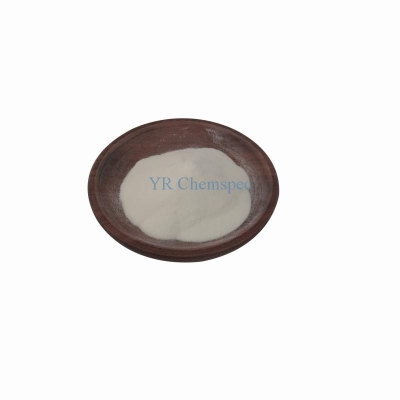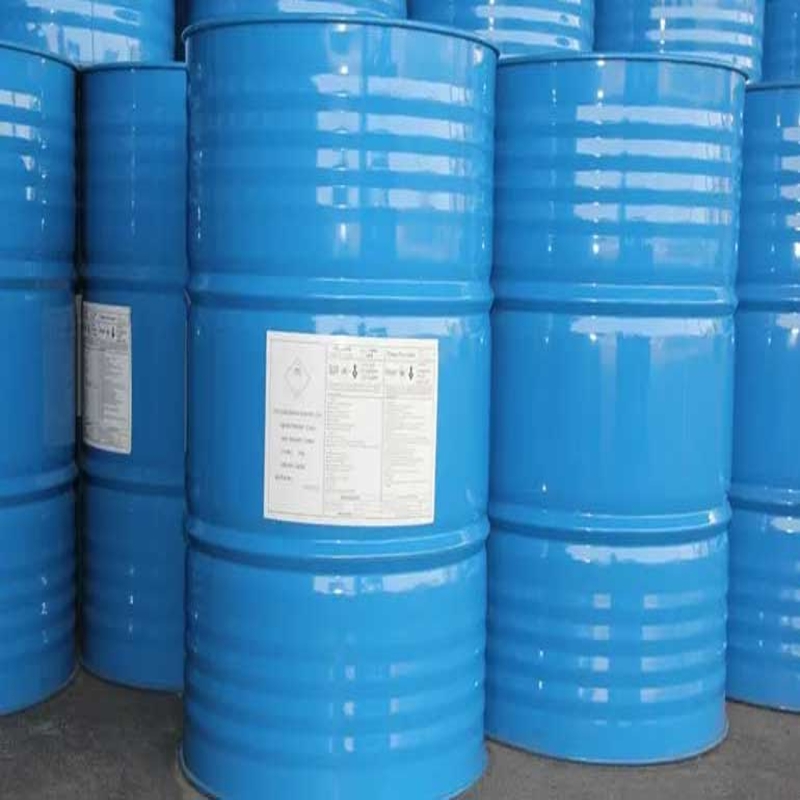-
Categories
-
Pharmaceutical Intermediates
-
Active Pharmaceutical Ingredients
-
Food Additives
- Industrial Coatings
- Agrochemicals
- Dyes and Pigments
- Surfactant
- Flavors and Fragrances
- Chemical Reagents
- Catalyst and Auxiliary
- Natural Products
- Inorganic Chemistry
-
Organic Chemistry
-
Biochemical Engineering
- Analytical Chemistry
-
Cosmetic Ingredient
- Water Treatment Chemical
-
Pharmaceutical Intermediates
Promotion
ECHEMI Mall
Wholesale
Weekly Price
Exhibition
News
-
Trade Service
Recently, Japanese solar giant Kyocera expects the total solar module production in fiscal 2015 to exceed 1.
2GW, but due to the decline of the Japanese market, the company will step up its development into the Asian and American markets
.
In the future, the Japanese domestic market will be equipped with energy storage systems to create business opportunities
.
Kyocera pointed out that the company expects to maintain a certain level of large-scale solar power plant shipments in Japan in the next few years, but will gradually increase the proportion of shipments in overseas markets, from the current 10% to about
20%.
According to reports, Kyocera's Asian target markets are Thailand, the Philippines, Indonesia and Myanmar, and its main targets are commercial systems
.
In the U.
S.
, the focus is on residential rooftop systems and community-based solar projects.
In the domestic market, Kyocera plans to combine residential rooftop solar panels with energy storage systems, combined with high-efficiency air conditioning and lighting, to create zero-energy homes
actively promoted by the Japanese government.
The Japanese government plans that by 2020, all new homes will reach the goal
of zero consumption.
Starting next spring, construction companies will start building a variety of zero-energy homes and will start using energy storage systems, even without subsidies
, Kotani said.
Recently, Japanese solar giant Kyocera expects the total solar module production in fiscal 2015 to exceed 1.
2GW, but due to the decline of the Japanese market, the company will step up its development into the Asian and American markets
.
In the future, the Japanese domestic market will be equipped with energy storage systems to create business opportunities
.
Kyocera pointed out that the company expects to maintain a certain level of large-scale solar power plant shipments in Japan in the next few years, but will gradually increase the proportion of shipments in overseas markets, from the current 10% to about
20%.
According to reports, Kyocera's Asian target markets are Thailand, the Philippines, Indonesia and Myanmar, and its main targets are commercial systems
.
In the U.
S.
, the focus is on residential rooftop systems and community-based solar projects.
In the domestic market, Kyocera plans to combine residential rooftop solar panels with energy storage systems, combined with high-efficiency air conditioning and lighting, to create zero-energy homes
actively promoted by the Japanese government.
The Japanese government plans that by 2020, all new homes will reach the goal
of zero consumption.
Starting next spring, construction companies will start building a variety of zero-energy homes and will start using energy storage systems, even without subsidies
, Kotani said.







